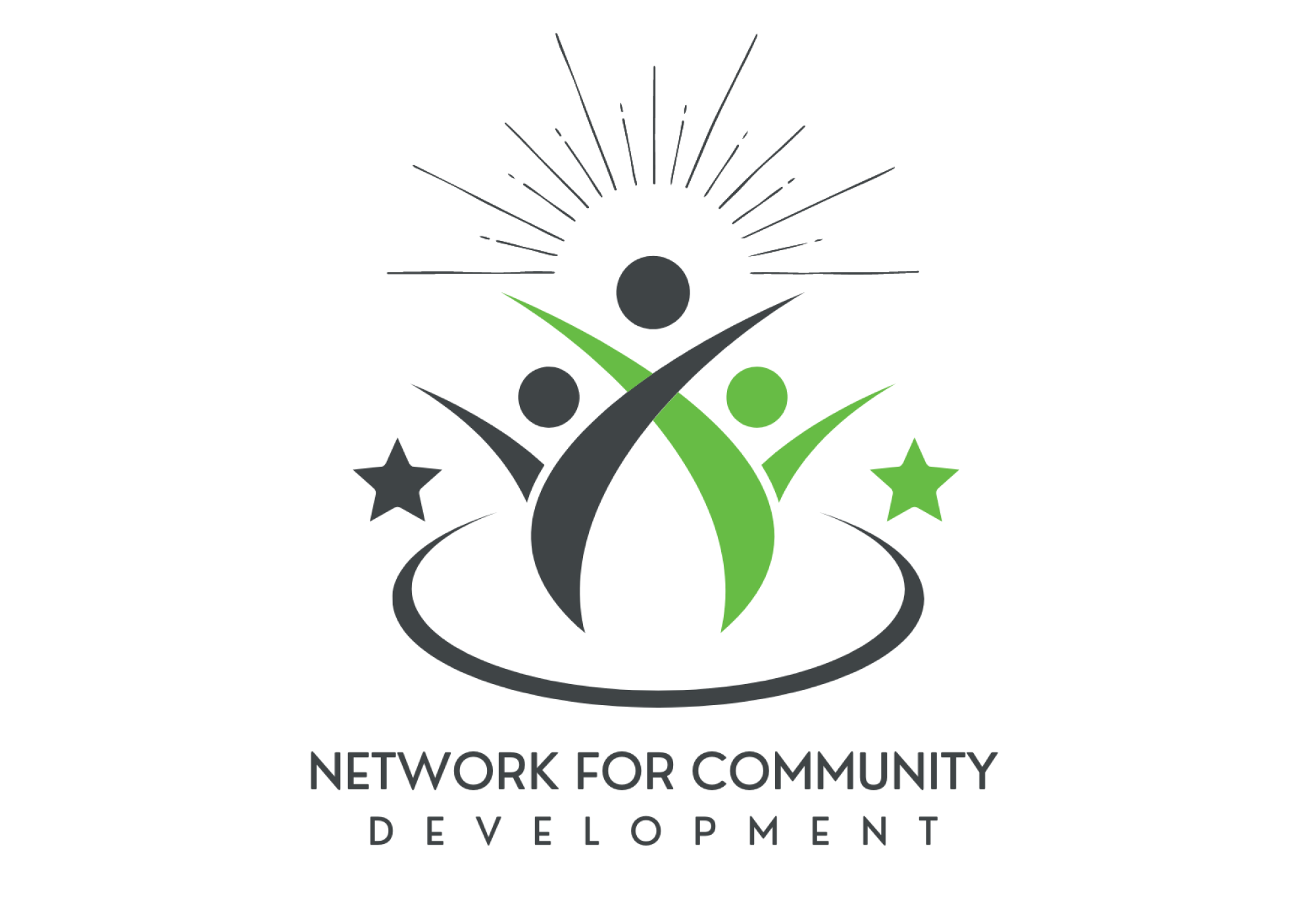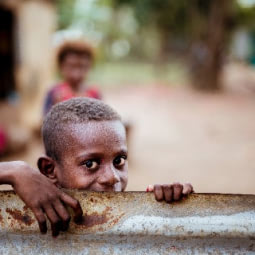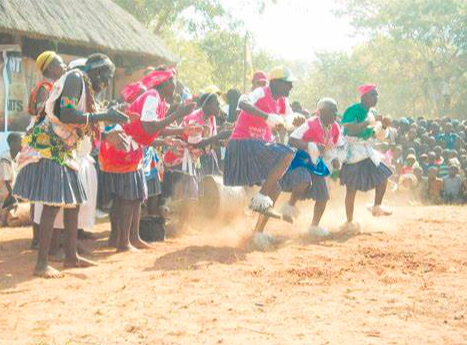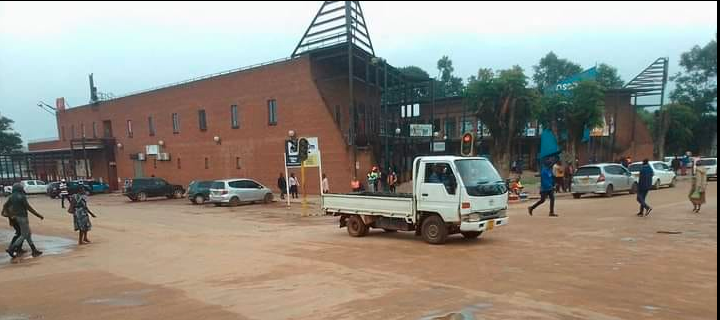The vibrant energy of a classroom, the promise of knowledge, the camaraderie of peers for many young people, these are the fundamental components of adolescence, building blocks for a future filled with potential. But for countless others, particularly girls in vulnerable communities, this hopeful trajectory is abruptly derailed. Such is the harrowing reality for a young woman in Chipinge, whose dreams of completing her Form 3 education were shattered by an unplanned pregnancy, leaving her adrift in a sea of societal judgment and economic hardship. Her story, shared with Joyful Machaka from the Network for Community Development, is not merely an individual tragedy but a stark reflection of systemic failures and the urgent need for comprehensive support systems.
This young woman’s narrative is one of profound heartbreak and immense resilience. At an age when her peers were preparing for crucial examinations, she found herself grappling with the daunting prospect of single parenthood. The betrayal she experienced the rejection by the child’s father amplified her isolation, stripping away a potential source of support and compounding her emotional distress. In a society that often stigmatizes young, unmarried mothers, her path forward was immediately fraught with challenges. The immediate concern became survival, not academic achievement. To put food on the table and ensure her child’s basic needs are met, she has been forced into a precarious existence, relying on the benevolence of neighbors to care for her infant while she scours for any available odd job. This hand-to-mouth existence is a daily struggle, a testament to her determination but also a glaring indictment of the safety nets that should exist to protect vulnerable individuals.
The ripple effect of her forced withdrawal from school extends far beyond the immediate financial strain. Education is not merely about acquiring facts; it is a gateway to opportunity, a tool for empowerment, and a pathway to breaking cycles of poverty. By being denied the chance to complete her secondary education, this young woman’s future earning potential is severely curtailed. She is relegated to the informal sector, where wages are low, job security is non-existent, and exploitation is rampant. This perpetuates a cycle of dependency, making it incredibly difficult for her to lift herself and her child out of poverty. Furthermore, the loss of education impacts her social mobility, her ability to make informed decisions about her health and the well-being of her child, and her capacity to participate fully in civic life. The psychological toll is also immense; the shame, the constant worry, and the feeling of having her aspirations snatched away can lead to long-term mental health challenges.
Yet, amidst this daunting landscape, a flicker of hope remains. Despite her harrowing circumstances, the young woman articulated a powerful and deeply moving desire to return to school. Her plea is not for handouts, but for the fundamental right to education, a chance to reclaim her future and provide a better life for her child. Her vision is clear: to focus solely on her studies, to absorb knowledge, and to equip herself with the skills necessary to thrive. This unwavering determination in the face of adversity is a testament to the transformative power of education and the inherent human spirit’s capacity for resilience. Her hope underscores the critical importance of creating pathways back to education for those who have been marginalized or forced to drop out.
Her story is not unique. Across Zimbabwe and indeed, globally, countless young girls face similar predicaments. Unplanned pregnancies, often exacerbated by a lack of comprehensive sexual and reproductive health education, limited access to contraception, and societal pressures, are a leading cause of school dropout among girls. Furthermore, the patriarchal structures prevalent in many communities often place the sole burden of childcare and financial responsibility on the young mother, while the father often absconds without consequence. This gender inequality is a significant barrier to girls’ educational attainment and overall empowerment.
Beyond the immediate cause of school dropout, underlying vulnerabilities often contribute to such situations. Poverty, for instance, can force young girls into early marriages or transactional relationships, increasing their risk of early pregnancy. Cultural norms that devalue girls’ education or prioritize domestic roles over academic pursuits also play a significant role. The absence of robust social support systems, including accessible and affordable childcare, counseling services, and financial aid, further compounds the challenges faced by young mothers. Without these critical interventions, the cycle of poverty and limited opportunity continues unabated.
The Network for Community Development, through individuals like Joyful Machaka, plays a vital role in bringing these stories to light and advocating for change. However, the scope of the problem demands a multi-pronged approach involving government, civil society organizations, communities, and individuals. The young woman’s fervent wish to return to school must not remain an unfulfilled dream. It must serve as a catalyst for action, a powerful reminder of our collective responsibility to ensure that no young person is denied the chance to pursue their education and build a brighter future.
Recommendations for a Brighter Future:
The young woman’s profound desire to return to school offers a clear directive for action. Addressing her needs, and the needs of countless others in similar situations, requires a comprehensive and collaborative effort. The following recommendations are crucial for creating an environment where young mothers can not only return to school but also thrive, breaking the cycle of poverty and empowering themselves and their children:Re-entry Programs and Flexible Learning Pathways:
Implement Formal Re-entry Policies ,Schools and the Ministry of Primary and Secondary Education must establish clear, supportive policies that facilitate the re-entry of young mothers into the formal education system. These policies should explicitly state that pregnancy and motherhood are not grounds for expulsion and that support mechanisms will be in place.
Flexible Schooling Options ,Recognize that traditional schooling may not always be feasible for young mothers. Offer flexible learning options such as evening classes, distance learning programs, or accelerated learning pathways that allow them to balance their academic pursuits with their childcare responsibilities. This could include specialized centers or hybrid models combining in-person and remote learning.
Catch-up Classes and Remedial Support ,Provide tailored academic support to help re-entering students catch up on missed coursework. This could involve one-on-one tutoring, small group sessions, or dedicated remedial classes to bridge any knowledge gaps.
Comprehensive Childcare Support:
On-Site or Nearby Childcare Facilities , Schools, especially at the secondary level, should explore the feasibility of establishing on-site or easily accessible childcare facilities. This would alleviate a significant burden on young mothers, allowing them to attend classes without constant worry about their child’s safety and well-being.
Community-Based Childcare Networks ,Support and empower community initiatives that provide safe, affordable, and reliable childcare services. This could involve training community members as caregivers and providing resources for setting up local daycare centers.
Financial Assistance for Childcare ,For those who cannot access school-based or community-based options, provide financial subsidies or vouchers to help cover the costs of external childcare.
Holistic Psycho-Social Support:
Counseling Services ,Offer readily available counseling and psychological support services within schools or through community partnerships. These services should address the emotional trauma of early pregnancy, social stigma, and the pressures of single parenthood.
Mentorship Programs ,Establish mentorship programs that connect young mothers with successful women who have navigated similar challenges. These mentors can provide guidance, encouragement, and practical advice.
Support Groups ,Facilitate peer support groups where young mothers can share their experiences, build a sense of community, and realize they are not alone in their struggles.
Financial and Material Assistance:
Educational Scholarships/Grants ,Create specific scholarship programs or grants for young mothers who wish to return to school. These funds should cover tuition fees, uniforms, textbooks, and other essential school supplies.
Livelihood Skills Training ,While focusing on formal education, also consider offering short-term vocational training or livelihood skills programs that can provide immediate income-generating opportunities for young mothers, enabling them to support themselves and their children while pursuing their studies.
Maternal Health and Nutrition Support,Ensure access to quality maternal healthcare services, including prenatal and postnatal care, family planning information, and nutritional support for both the mother and child.
Comprehensive Sexual and Reproductive Health (SRH) Education:
Age-Appropriate and Inclusive SRH Education, Implement comprehensive, age-appropriate, and gender-sensitive SRH education in schools and communities. This education should cover contraception, safe sexual practices, consent, the risks of early pregnancy, and the responsibilities of parenthood for both males and females.
Access to Contraception, Ensure easy and confidential access to a wide range of contraceptive methods for all young people, coupled with accurate information about their use.
Parental and Community Engagement ,Involve parents, religious leaders, and community elders in discussions about SRH to foster a supportive environment for young people to make informed choices.
Engaging Fathers and Addressing Gender Inequality:
Promote Shared Parental Responsibility ,Implement awareness campaigns and legal frameworks that emphasize the shared responsibility of fathers in childcare and financial support.
Legal Aid for Child Support, Provide accessible legal aid to young mothers seeking child support from fathers who have abandoned their responsibilities.
Challenge Harmful Gender Norms: Launch public awareness campaigns that challenge harmful societal norms perpetuating gender inequality, stigmatizing young mothers, and absolving fathers of their responsibilities.
Advocacy and Policy Reform:
Strengthen Legal Frameworks, Advocate for and ensure the enforcement of laws that protect girls’ right to education, prohibit child marriage, and ensure child support.
Allocate Dedicated Resources,Lobby for increased government funding and resource allocation specifically for programs that support the education and well-being of young mothers.
Data Collection and Research ,Invest in collecting robust data on school dropout rates due to pregnancy and its long-term impacts. This data is crucial for evidence-based policy formulation and program design.
The young woman’s heartfelt desire to learn is a powerful call to action. By implementing these recommendations, we can transform her hope into a tangible reality, not just for her, but for countless other young mothers whose potential is waiting to be unleashed. Investing in their education is not just an act of compassion; it is an investment in the future of families, communities, and the nation as a whole. It is an investment in breaking cycles of poverty and building a more equitable and just society for all.
A Stolen Future: One Young Mother’s Fight for Education and a Brighter Tomorrow
August 15, 2025
Share on facebook
Share on twitter
Share on linkedin

Author
Taurai Chiraerae
Taurai Chiraerae is the highly accomplished Executive Director of the Network for Community Development (NCD). With a Master of Arts degree in International Affairs, a Bachelor of Arts degree in History and Development Studies, and a certificate in Financial Management, he possesses a diverse educational background that combines expertise in community development, strategic leadership, and financial acumen.
Our organization truly believes that by working together, we can save more lives than ever before.
Useful links
- Charity programs
- Volunteer programs
- Fundraising policy
- Causes
- Events
Contact us
CHIPINGE OFFICE
581, Medium Density
Chipinge, Manicaland
ZIMBABWE
HARARE OFFICE
32 Lawson Avenue,
Milton Park
Harare
ZIMBABWE
Copyright 2024 By NCD












